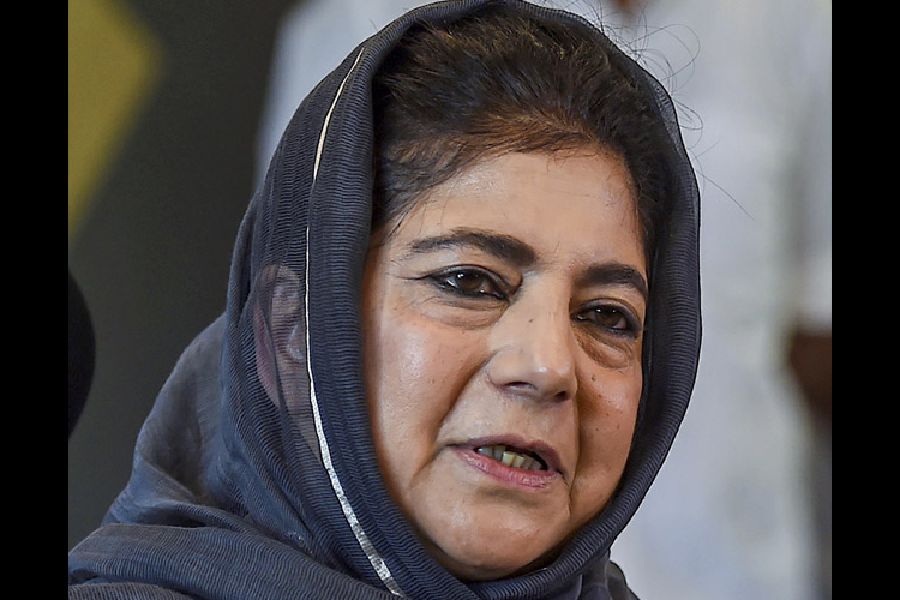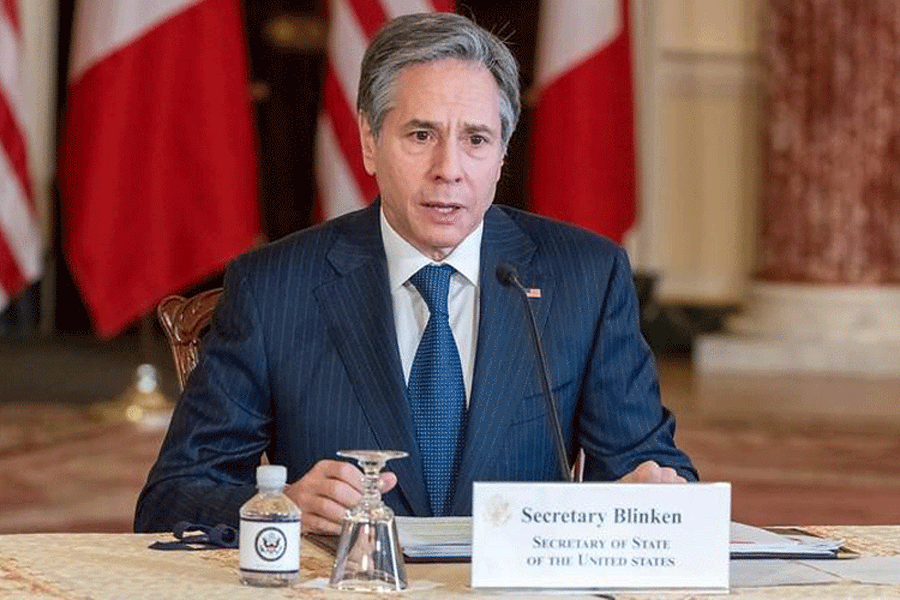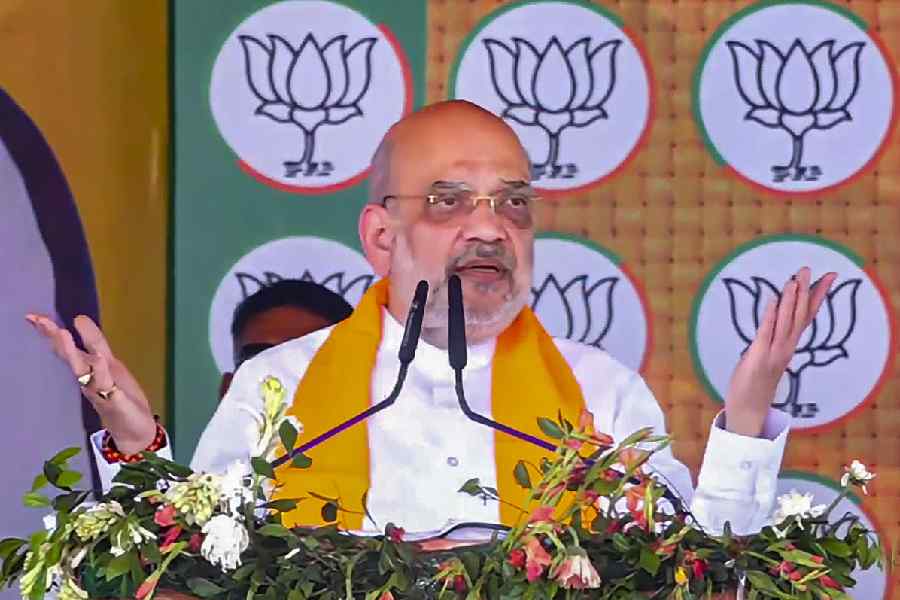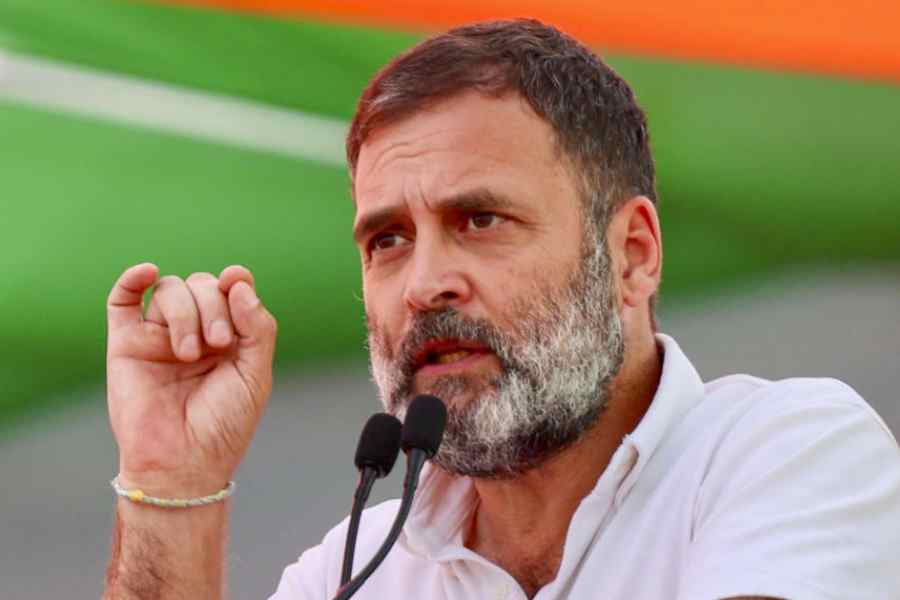The Editors Guild of India has asked the Centre to exempt journalists from certain clauses of the Digital Personal Data Protection Act that it says violate the freedom of expression, enshrined under Article 19 of the Constitution.
Parliament passed the Act last year and it will come into force after the Centre notifies dates.
According to the Guild, the across-the-board requirement for journalists to obtain consent before publishing data relating to any person in their reports is unnecessarily restrictive and impractical.
“While certain journalistic activities involving interviews, collecting responses to questionnaires, etc, may be covered under Section 7(a) of the DPDPA, which recognises voluntary provision of personal data by the data principal, most other forms of journalism, such as investigative journalism, general news reporting, opinion pieces, analyses, etc, are still largely dependent on private research and investigative study by journalists, which is remarkably absent in the current list of legitimate uses,” Guild president Anant Nath said in a letter to Union electronics and IT minister Ashwini Vaishnaw on Friday.
“Given this, journalists will invariably have to rely upon consent to process
any personal data in the course of their journalistic activities.”
The letter underlined that the Srikrishna Committee, which drafted the Personal Data Protection Bill, 2018, “noted that mandating consent for processing such personal data would be unfavourable, as the data principal could simply refuse to consent forestalling all such publishing. The fundamental role of the press and its ability to ensure transparency and accountability would thus be severely undermined by the data principal’s ability to simply refuse consent to the processing of their data.”
It added: “For instance, when a journalist is investigating the parties involved in a fraudulent/ Ponzi scheme, reporting on road accidents in a particular city, or publishing information about the achievement of an individual who is a resident of another city, the requirement to provide notice and obtain consent would not only be impractical or unfeasible but will likely defeat the purpose of the journalistic endeavour, by causing inordinate delay or impeding the journalist from publishing the news report itself.
“Journalists invariably handle personal data in the course of carrying out their occupation, be it through conducting research, investigating a lead, or publishing articles based on such personal data on a daily basis. These activities that lie at the heart of the occupation are unreasonably restricted by the DPDPA, which imposes obligations upon them that are often impractical or unfeasible or negate the very journalistic activity sought to be achieved through undertaking such processing, making the requirements under the DPDPA violative of every Article 19(1)(g)….
“India has recognised the right to receive information as a derivative of the fundamental right of freedom of speech and expression guaranteed under Article 19(1)(a) of the Constitution…. Access to information is essential in a democratic nation, empowering citizens with critical information, and enabling them to consequently make informed choices.
“These rights are rendered meaningless if journalists are effectively forestalled from processing personal data without first complying with impractical and infeasible obligations, and thereby unable to either receive or disseminate information.”
The Guild has sought, before the law comes into force, “a class exemption to data fiduciaries undertaking processing for journalistic purposes under section 17(5) of the DPDPA for as long as such purposes subsist”.










